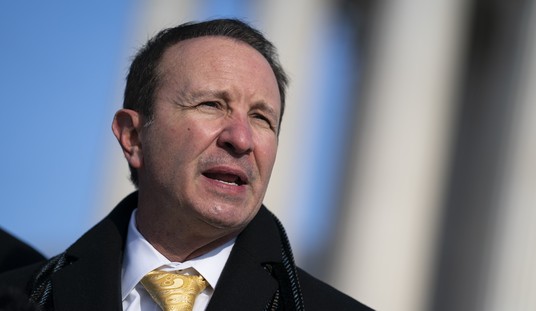Now that Barack Obama has been sworn in for a second term, the focus will again turn to ObamaCare and health care exchanges. A key component of ObamaCare, health care exchanges are to be set up by the states giving consumers a limited amount of options to purchase health care in their state. Those that traditionally cannot afford to purchase health care will be given tax credits. Additionally, the federal government will also help cover co-pays and deductibles that aren’t covered by insurance. New taxes and a large fine for not having any health care coverage will allegedly be used to pay for the enormously expensive plan. In their continued efforts to protect their individual states from the ever-increasing interference of the federal government, governors across the nation have fought back against the Obamacare health care exchange mandate.
In South Carolina, Governor Nikki Haley is one of 20 governors who have refused to set up state exchanges. Featured by Forbes, Haley seeks to focus on reforming the state’s established health care system; as opposed to the Obama administration’s plan to simply take it over. Haley explained her position recently in her State of the State address:
But let us ask a simple question. “Are taxpayers getting the most health for the money they spend on health care?” My answer is no – not by a long shot. We spend more money for health services per person than any nation on earth. Year after year we devote a larger and larger portion of our paychecks, our payrolls and our state and federal budgets to health care services. Maybe we wouldn’t worry about all of this spending if our outcomes were better, but they aren’t. The United States is falling behind the rest of the world in infant mortality and life expectancy – and here in South Carolina we have one of the lowest life expectancies and highest infant mortality rates in the U.S. With such high costs and such poor outcomes, why would we throw more money at the system without first demanding improved efficiency, quality, and accessibility? The Affordable Care Act, known as ObamaCare, says expand first and worry about the rest later. Connecticut expanded early under ObamaCare and just reported a $190 million Medicaid deficit – in spite of subjecting their citizens to a massive tax increase. California just raised taxes in part to cover their Medicaid deficit and yet needs $350 million more to pay for ObamaCare next year. That’s not us. That’s not South Carolina.
I spoke with Governor Haley about the state health care exchange mandate, Medicaid and South Carolina’s response to federal government’s plans. The following is part one of our discussion.
After a brief introduction, Governor Haley dove right in to the substance of the issue:
As to the issue of the exchange, Governor Haley reiterated her conviction that South Carolina will not play along, saying “What I can tell you from South Carolina’s perspective is we are not accepting a state health exchange because after you look at it, all it is a bureaucratic program that tells you what to do, how to do it, and makes you pay for it; and doesn’t in any way look out for the people of South Carolina that have issues like obesity and diabetes and prostate cancer. So then you go from that standpoint, so they try and throw a carrot and say, “Okay, well if you’ll expand Medicaid, for every $1 you give we’ll give you $9 back.” What good is the $9 if we don’t have the $1? And what good is expanding Medicaid on Washington, DC’s terms, when they’re only going to pull the rug out from under us and we’re not going to be able to continue to pay for it. So, you know what we’re trying to do is really look at healthcare.”
She went on to explain the current state of healthcare in South Carolina, saying “We started with one of the lowest rates of insured children in the country and now South Carolina is recognized for leading edge strategies to start to cover kids. We started with mental health and addictive disorder programs that have been really cut, we’ve reinvested in both of those. We didn’t have a lot of accountability in our Medicaid program. Now we have really gone after getting the most quality of health for the cost that we’re spending. The focus that our country needs to have on healthcare doesn’t need to be on cost as much as it needs to be on outcomes, because we as a country, we’re falling behind on infant mortality, we’re falling behind on life expectancy and money’s not going to fix that problem. What will fix that problem is when we start demanding that we have efficiency, quality and accessibility and that’s basically what South Carolina wants to do. So while Obamacare says, you know, go ahead and expand this and we’ll deal with it later, well that’s what Washington, DC has done for years and that’s why we’re in the mess we’re in. South Carolina is not going to do that. What we are doing is we’re saying we’re going to start to improve healthcare and we’re not just complaining about Obamacare, we are actually doing things.”
By refusing federal exchanges and also declining to set up a state exchange, South Carolina will be in violation of Obamacare requirements. In part two of my interview, Governor Haley and I discussed the consequences of this and how she intends to protect her State’s rights in the face of the federal government’s heavy hand.














Join the conversation as a VIP Member